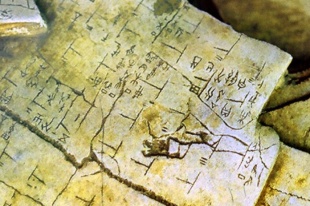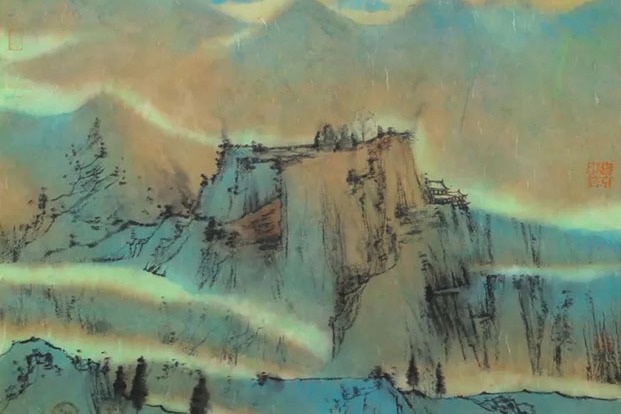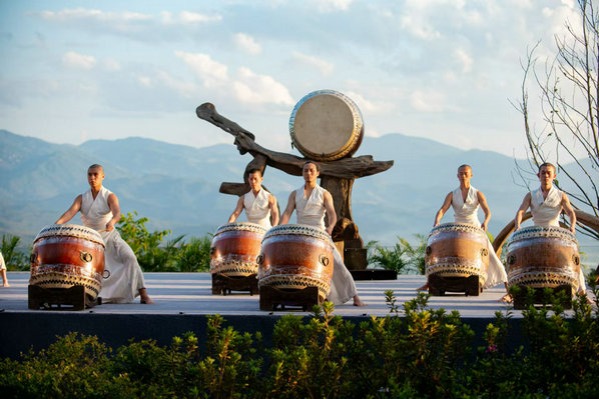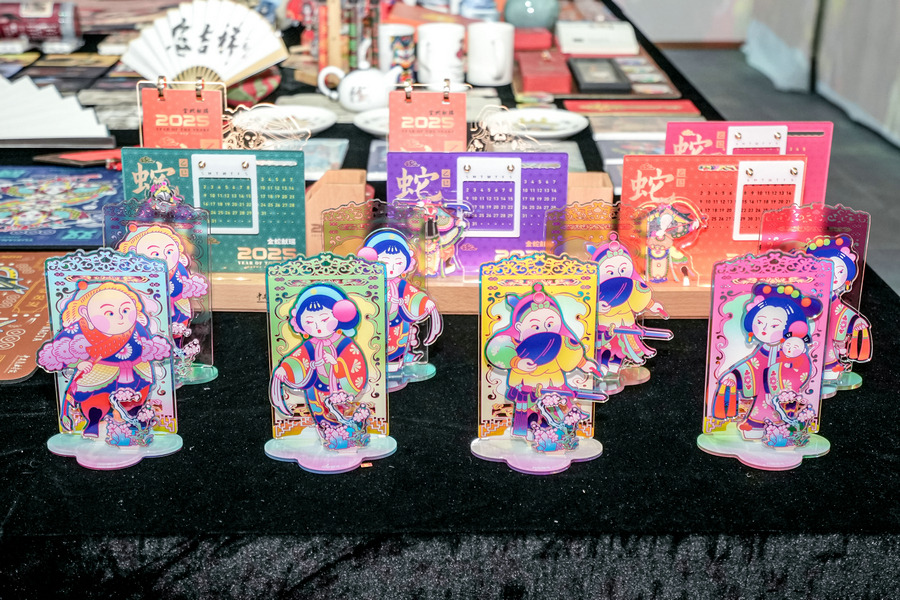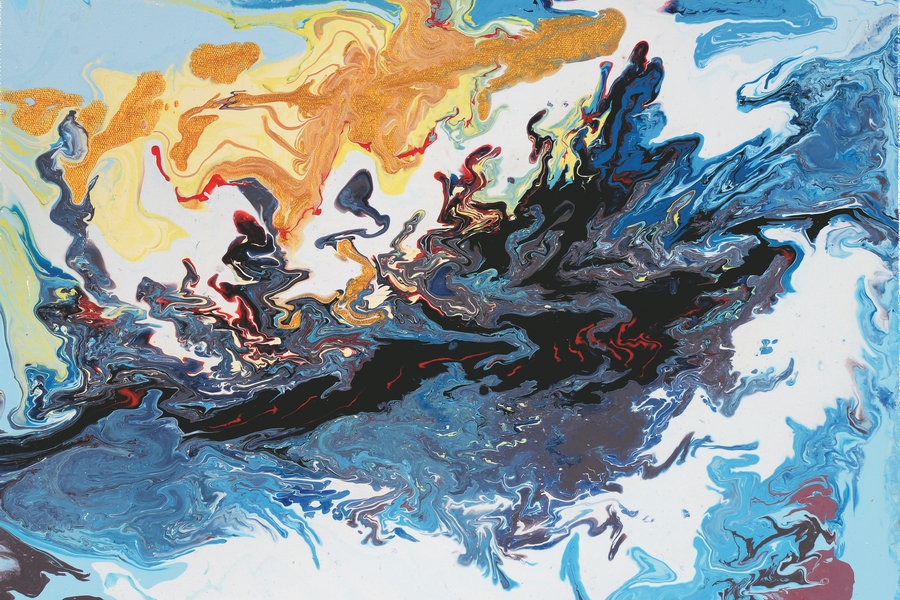Chronicles etched in time

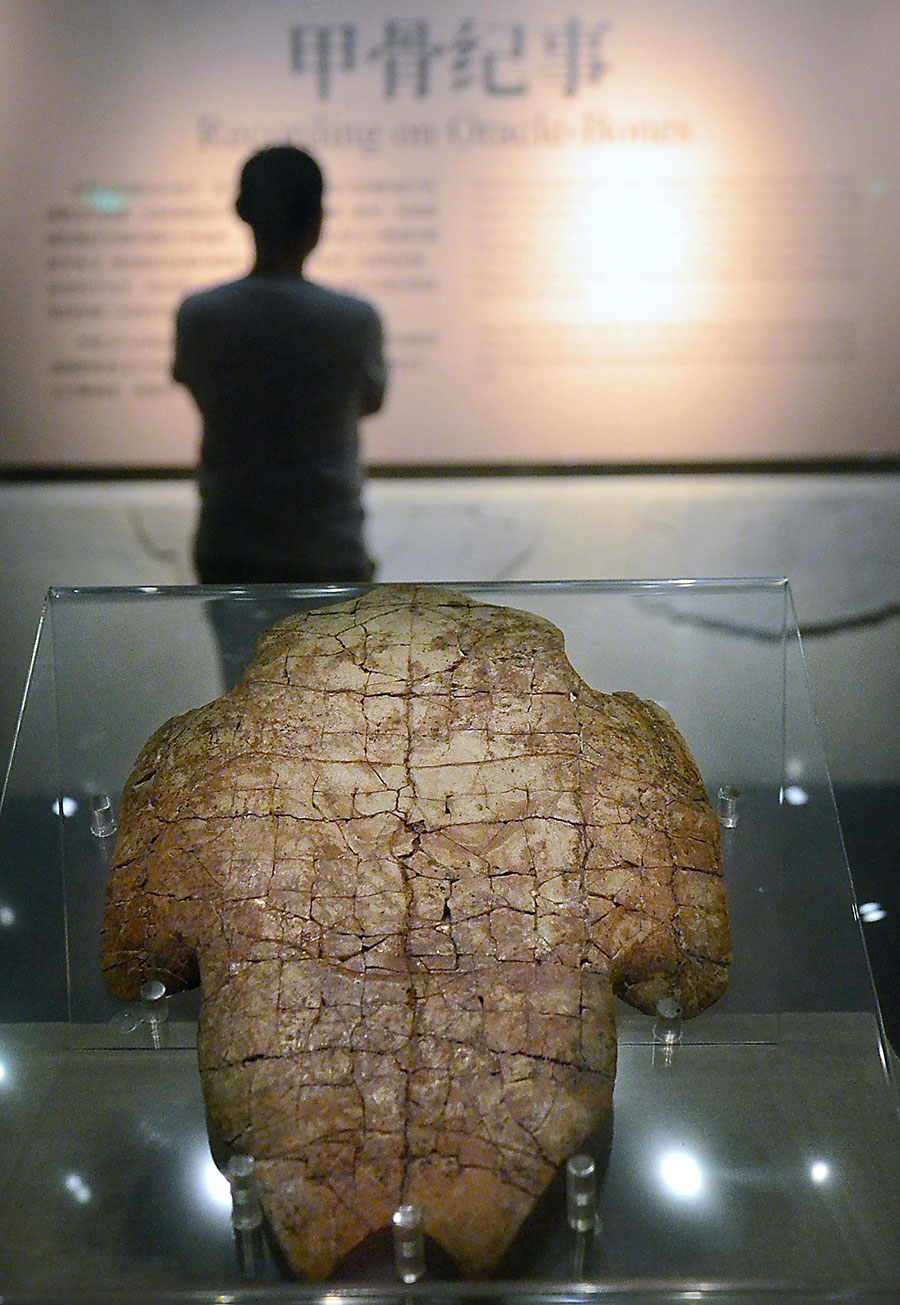
According to library statistics, there are 35,651 individual oracle bones housed in the library, making it the world's biggest repository of these precious documents.
"It's much more complicated than cataloging a book," she explains further. "For one single piece of bone, you have to rifle through lots of files to make sure its explanation, time, usage, and cultural context are all properly recorded. It's a lot of work."
In 2011, Hu was finally joined by her colleague Zhao Aixue. They remain the only two full-time researchers devoted to cataloging the oracle bones in the library.
According to Zhao, the status of oracle bones has been upgraded in recent years.
"For a long time, they used to be categorized as cultural relics rather than documents," he recalls. "That downplayed their significance as written history."
After many academic discussions, the oracle bones were included in the larger list of key national ancient books and documents for the first time in 2013, which was a pivotal moment for research and development, and presented a solid foundation for the UNESCO bid.


